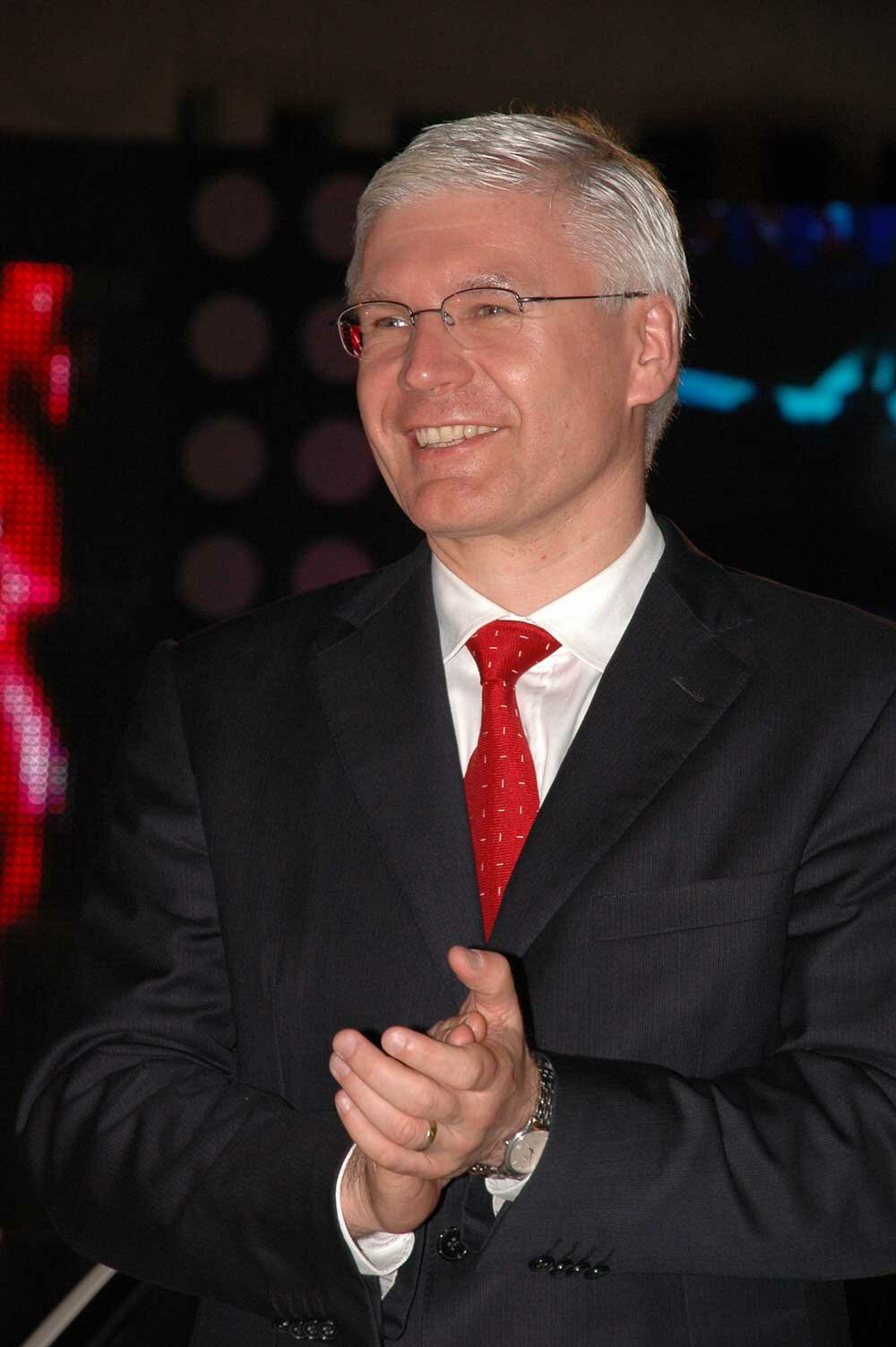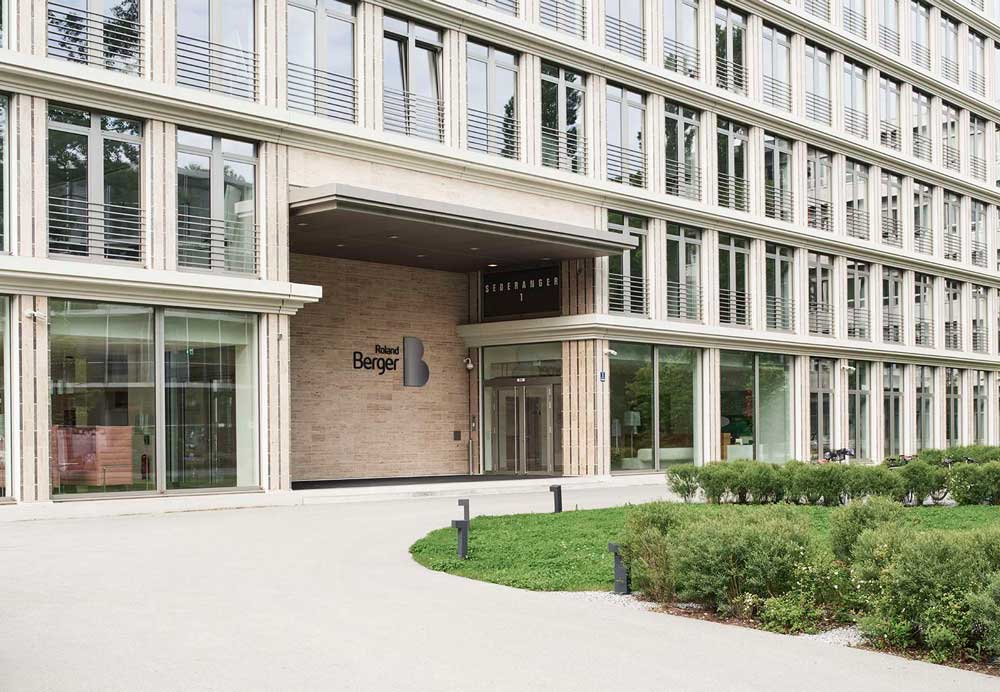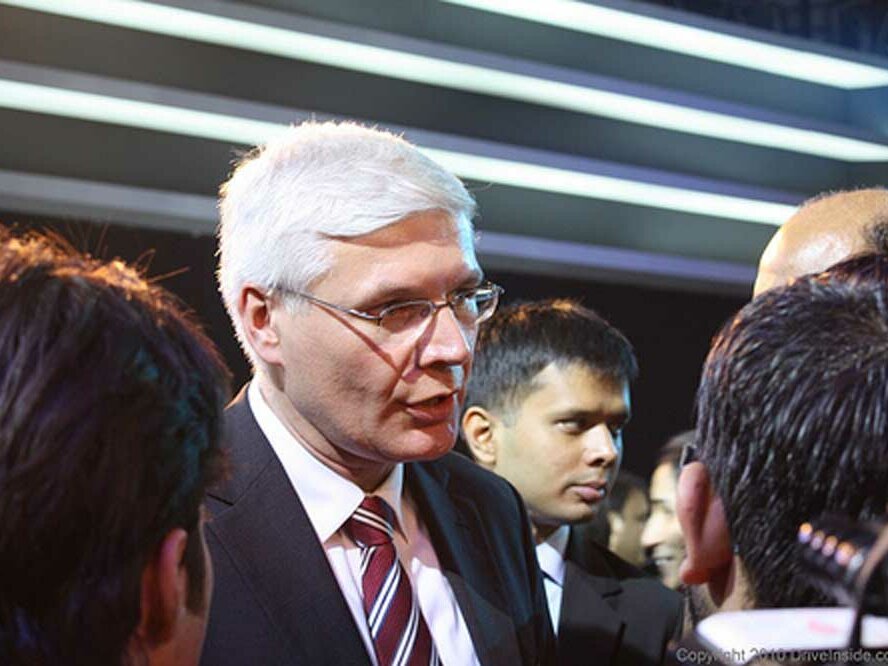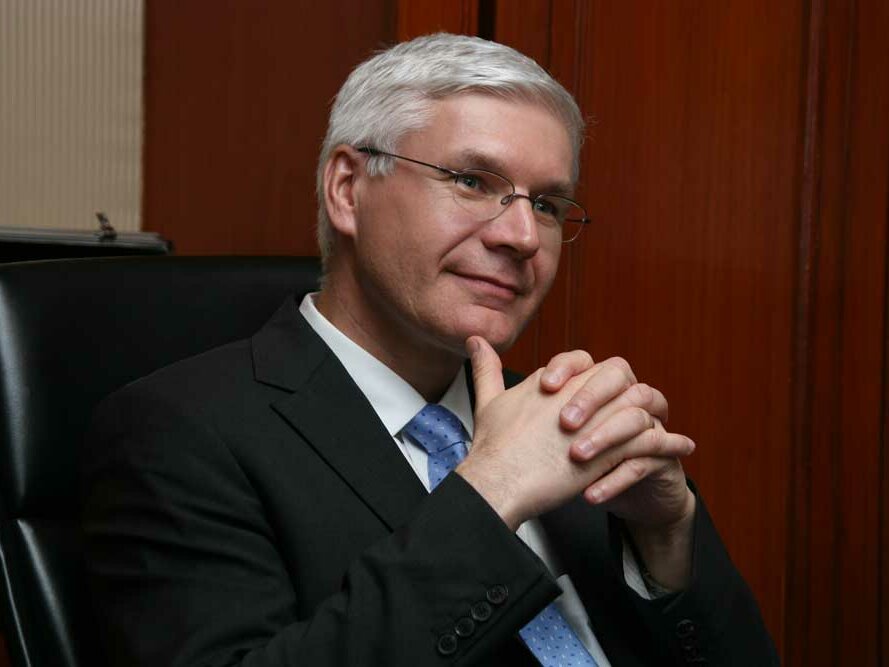Dr Wilfried Aulbur: Supporting clients to solve problems
Interview by Erminia Ciarleglio, DLG
As a Senior Partner at Roland Berger Dr Wilfried Aulbur is responsible for the firm's global Commercial Vehicle, Construction and Agricultural Equipment business. He is based in Chicago and supports the US Automotive, Industrials and Private Equity practice.
His main occupation is the influence of new technologies (precision farming, robotics, electrification, autonomous vehicles) on agriculture as well as dealing with questions of operational performance improvements for companies that are active in this area. Also he has served as a Managing Director and CEO in India and was Chairman for Middle East and Africa.
Dr Aulbur, what are your main duties?
The main duty of a consultant is to support clients in solving pressing business problems and creating value. For us, this implies a variety of things. It can be the analysis of new technologies and their impact on the product portfolio of clients. It may mean to understand the implications of new business models on the agricultural value chain. And it normally includes questions around how to enter new markets or how to operate existing businesses more efficiently.
What questions regarding new technologies do you expect in agriculture in future?
Agriculture is undergoing unprecedented changes. We are facing demographic pressures in terms of an increased food demand by a growing global population and a nearly universal aging of the agricultural work force.
Consumers are demanding transparency and are more conscious about what they eat and how it has been produced. Public opinion drives regulatory pressures that impact agricultural practices. And finally the ubiquity of data and technological advancements spark new opportunities to reinvent the way we farm.
And what are the most sustainable technologies you can recommend?
Rather than being a stale industry, agriculture today is the center of complex and fast-changing ecosystems that are trying to leverage technology – connectivity, robotics, machine learning, etc. – for the benefit of the farmer and consumer. Technology impacts the whole value chain and even the power structure within the value chain. For example, retail players such as Walmart or the Schwarz group need to provide transparency to their customers from farm to fork. The drive joint sales and operations planning and quality improvement initiatives with growers and track and incentivize performance via supplier score cards. Their role in selecting inputs from seeds and fertilizers down to equipment is likely to grow as these relationships deepen.
Technology also addresses some of the key challenges of labor availability. Swarm robots that harvest fruits and vegetables can be a life saver for farmers especially in times when labor shortages are excessive as was the case during the recent COVID crisis. While it will take some time until these technologies are mature, there is no doubt that they will play a significant role in agriculture over the next decade or so.
More immediate are improvements in productivity that are driven by the integration of data across implements where information from land preparation is used to inform the seeding process which in turn captures data to be leveraged for spraying and so on.
What do you think about the progress of digitalization in India and Africa?
The situation of agriculture in various Middle Eastern and Asian markets is far from homogeneous. Looking at China, we have very large state-owned farms that are generally leading the way in terms of innovation and modernization. Yet, the overwhelming majority of farmers are very small holdings where basic, walk-behind equipment may be the right balance between cost and productivity. In the Middle East we have seen quite some interest in vertical farming, e.g., in Quatar which is trying to reduce its food dependency from third countries as a result of the diplomatic tensions with Saudi Arabia and other countries in the region. India has a large number of small holdings as well. However, local tractor companies are finding ways to combine mechanization with increased efforts in precision farming to improve farming outcomes. Several of these companies have invested in agronomy for some time now, a trend that is emerging with some of the Western players.
Overall, it seems that the West is currently leading in terms of digital agriculture and related innovations. However, I am confident that we will see relevant innovation coming out of markets such as China and India that will play a significant role in making precision farming available and profitable for smaller, more price sensitive farmers. This will help us drive growth in global food production in Asia and Africa with more sustainable means.
How important is the DLG membership for you? Are you planning to visit one of our trade fairs next year?
I am very impressed by the quality of work that is done by the DLG and enjoy the fairs as well as the various publications and seminars. The DLG plays a pivotal role not only for German agriculture but via its flagship events such as the Agritechnica also for the global agricultural fraternity.
I am proud to be part of this global effort to make agriculture sustainable which means using resources efficiently and driving profitability for all players in the value chain.






